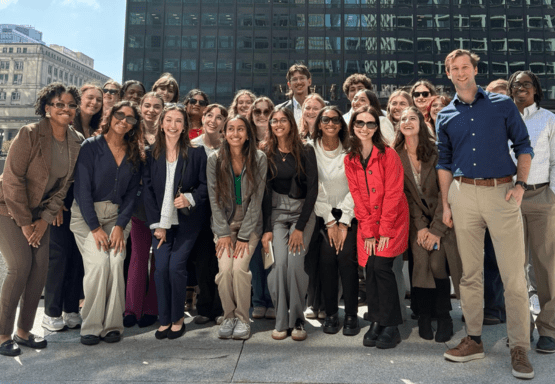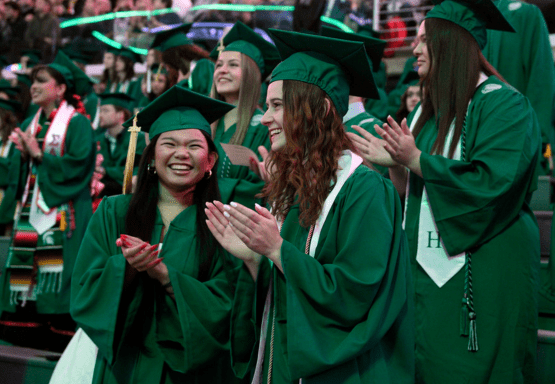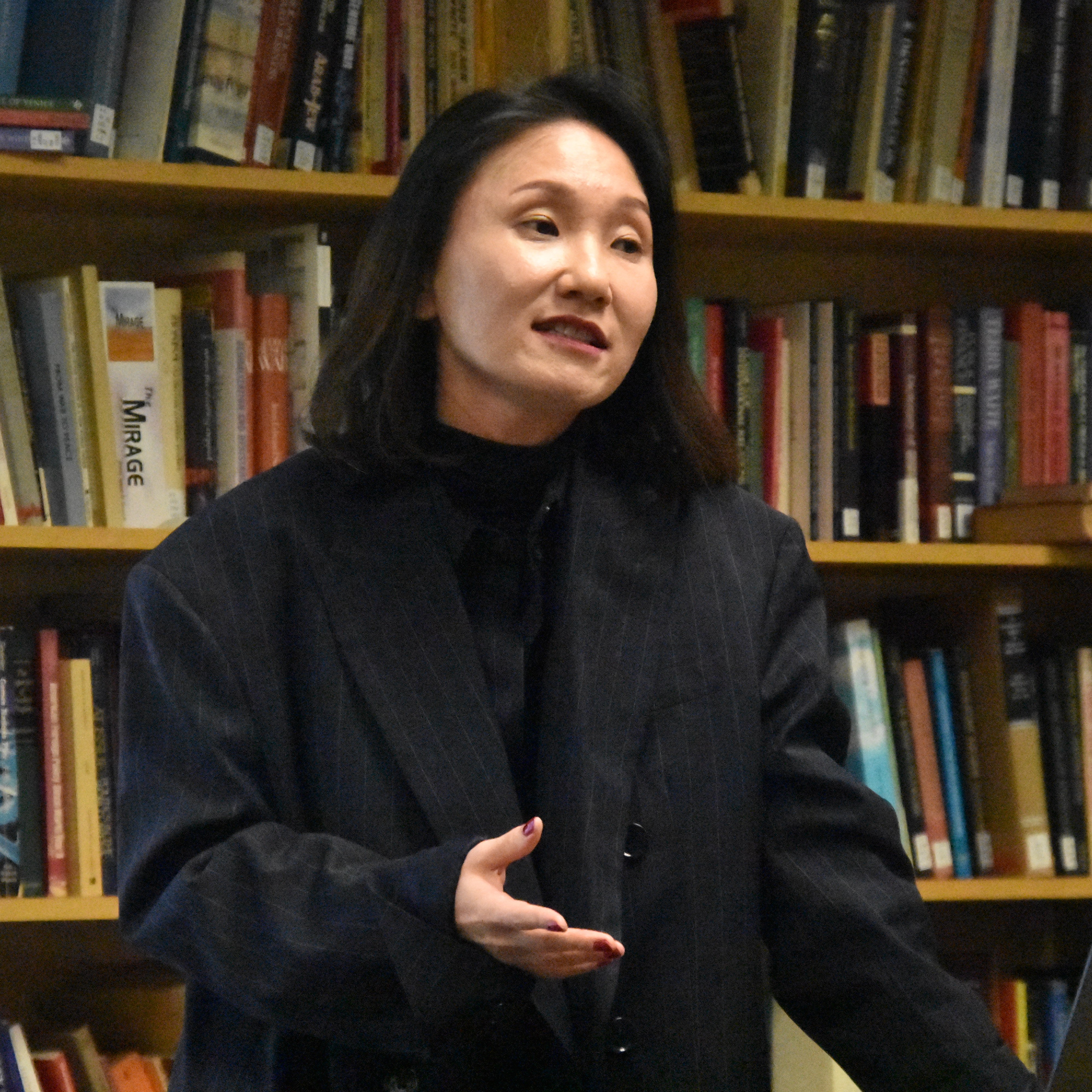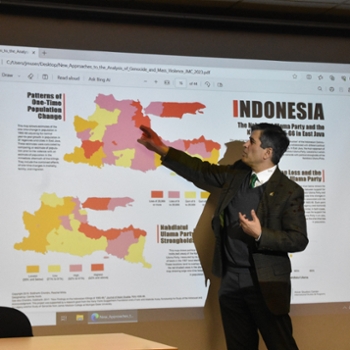
Kirstin Brathwaite, associate professor of international relations, and Jordan Cash, assistant professor of political theory and constitutional democracy, presented on the first night, followed by Myunghee Lee, assistant professor of international relations, and Siddharth Chandra, professor of international relations, and director of Asian Studies, on the second night.
In her presentation “The Role of Identity in the Conduct of War,” Brathwaite discussed the spread of ethnic conflict in Kurdistan between the Kurds and the Iraqi, Turkish, Iranian, and Syrian governments. She also discussed the different military policies related to prostitution during WWII and how those policies were tied to gender roles.
Cash’s presentation examined the relationship between the U.S. Constitution and presidential behavior. In his newly published book “The Isolated Presidency,” he asks the question, “How Powerful is the President?” Through a study of three unelected presidents — John Tyler, Andrew Johnson, and Gerald Ford — Cash discusses how the presidency’s constitutional power, rather than popularity or political support, acts as a means for achieving policy goals.
The second evening provided students the opportunity to learn about JMC faculty newcomer Myunghee Lee, who presented on authoritarian regimes. Lee’s expertise is focused on citizens and education in post-democratization countries, primarily South Korea and Poland. She conducted a lot of her research around the content of Authoritarian textbooks. Additionally, she mentioned her research on China’s narratives towards the Ukraine War and the behavior of Chinese Diplomats on Twitter.
Professor Chandra’s presentation, “New Approaches to the Analysis of Genocide and Mass Violence: the Indonesian Mass Killings of 1965-66,” focused on a historical turning point Indonesia experienced in 1965. During that time, there had been a transition of power that was accompanied by increased political repression and economic progress. The transition was triggered by multiple assassinations and led to mass killings and political turmoil. His research examines the changes in population that followed and the reasons for these changes, including regional politics and the role of trucks and roads during the genocide.
Participating in events such as Faculty Research Nights is a highlight for Chandra. “I love it when Madison students show interest in research,” he said. “Being able to analyze and interpret all the information that is coming at you in an organized and systematic manner is important for any career path, and engaging in research is a good way to develop that skill.”
Faculty Research nights are among the many opportunities the college sponsors to encourage students’ interest in undergraduate research outside of the classroom.

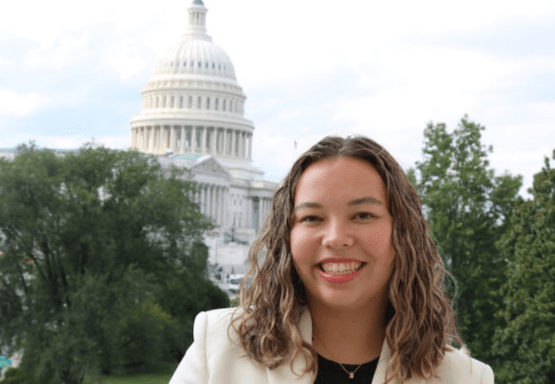

.png?h=384&iar=0&w=555)
